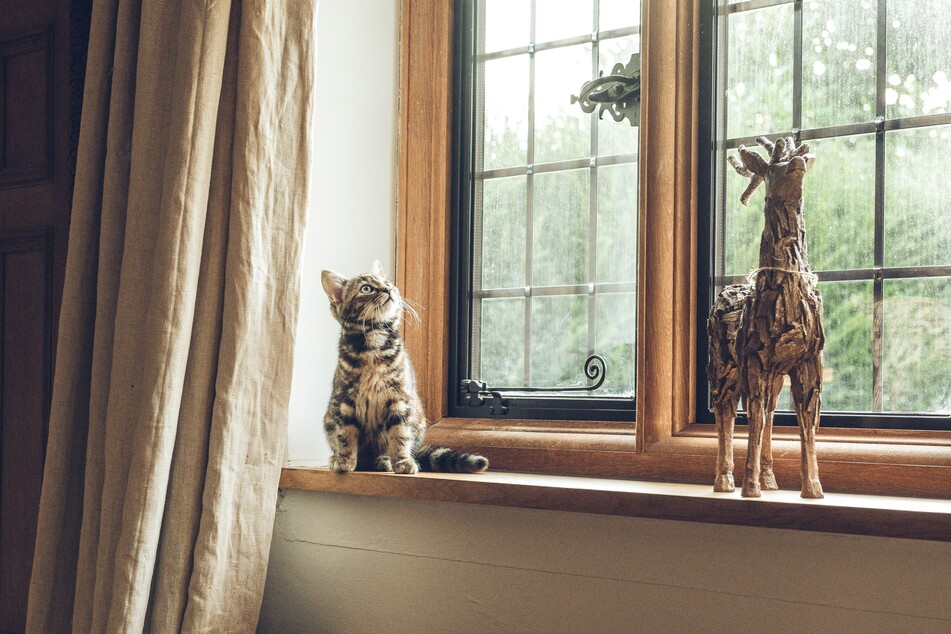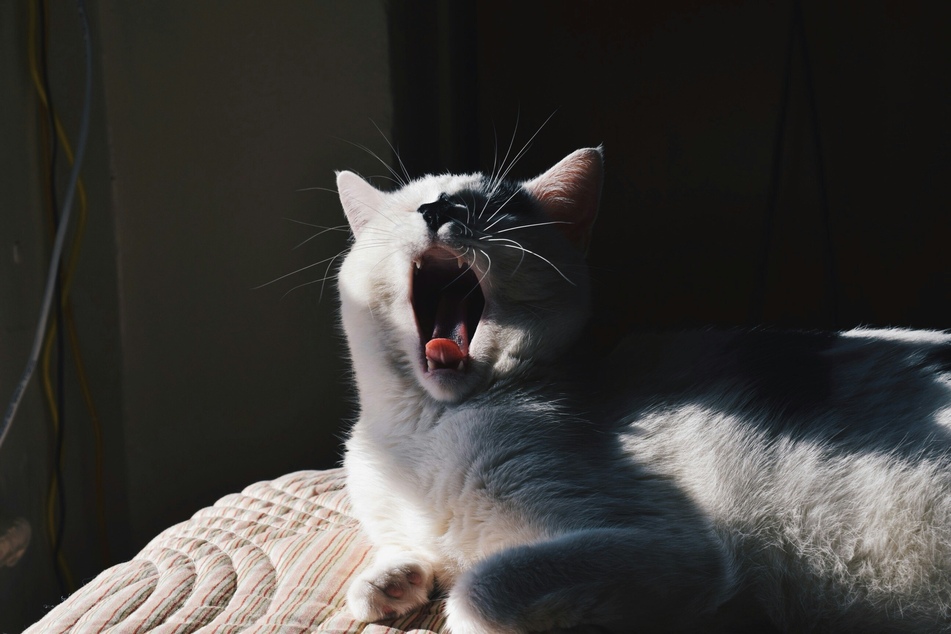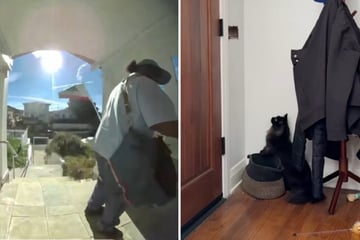Can indoor cats get fleas?
Whether you have an indoor or an outdoor cat, some things can be unavoidable – but are fleas among them? Here's what indoor cat owners need to consider when it comes to fleas.

You might think that the privilege of having an indoor cat also includes never having to deal with pesky critters such as fleas.
After all, if your feline friend never leaves the home, where would it get those unwelcome guests on its fur?
But can indoor cats get fleas after all? Do they need to be deflead, and what else do you need to know before adopting?
TAG24's cat guide has you covered with the answer to these questions and more!
Can my indoor cat get fleas?
Straight off the bat, we can say yes, your indoor cat is just as susceptible to fleas as any other of its kind. Sure, indoor cats are less likely to come into contact with something that has been infested with fleas and, as a result, are more unlikely to catch fleas.
But the idea of indoor cats being entirely free of this problem is actually a myth that creates problems, such as a lack of flea treatment for pets that really need it. Here's why indoors cats can and do get fleas, and what to do about it.
Important: Fleas come with all sorts of nasty diseases, and can cause tremendous discomfort and anxiety in your fluffy fellows. As a result, we actively encourage all cat owners to make themselves away of the risks associated with fleas by reading our detailed guide.

How do cats get fleas?
Cats get fleas by coming into contact with them via other animals, poop, or plants. This is usually done through physical contact, usually by brushing up against infested hosts or by getting into fights and scraps with other animals in the yard. Of course, this also explains why many people believe indoor cats to be immune from the problem, since they usually don't come into contact with other animals.
These are the most common sources of flea infestations:
- Adult fleas lay eggs, which can be carried into different environments
- Flea larvae, which can survive a long time without a host and can live on inanimate objects
- Brushing up against objects, plants, or animals that have been infested
- Humans who carry fleas
- Clothing infested with fleas
Important: Fleas can be deadly, as they sometimes carry very dangerous diseases. The bubonic plague, or 'Black Death' was borne by fleas which lived on rats. It killed nearly between 30-50% of Europe's population in the mid 1300s. Oh, and it still exists in the US today.
How do indoor cats get fleas?

Indoor cats will get fleas when they are tracked in by humans. This is not as uncommon as you might think, especially seeing as fleas can actually live for quite a while without a host. Plus, it's worth mentioning that humans can actually be the host of fleas. When this happens, it's pretty obvious how your cat managed to cop an infestation.
Here's the most common ways by which your indoor cat can get infested with fleas:
- Plants found in the wild and introduced into the home
- Human infestation
- Eggs living in clothing or on various objects
- Visiting pets
It is very easy to accidentally get your cat infested with fleas, so stay on yor guard!
Should I de-flea an indoor cat?
Yes, it is essential that you deflea and treat your cat with anti-flea medication, even if they only hang out indoors. There is no excuse for avoiding the defleaing process. It needs to be done as prescribed by your veterinarian as carefully and consistently as humanly possible.

My indoor cat has fleas: What should I do?
If your indoor cat has managed to contract fleas, there are a few things that must be done once you have removed your head from your hands. The most important thing is this, though: don't go to the vet unless it's absolutely necessary! This is the one and only time you'll hear this advice, since it could spread the infestation.
Instead, follow these few steps to help get rid of fleas:
- Contact your vet via the phone and get advice and/or prescriptions this way rather than in person.
- Follow through with the anti-flea medication and make sure your cat consumes a regular dose.
- Groom your cat consistently with anti-flea shampoo and an anti-flea cat comb.
- Wash everything in your house systematically, starting with your cat's stuff, to make sure that there are no flea eggs nesting somewhere.
- Consistently clean and deflea your cat for a few weeks until every one of them is gone for good.
- Treat your cat with preventative defleaing medication that has been approved and recommended by your veterinarian.
Remember, your indoor absolutely cat can get fleas! Of course, it is less likely and far rarer, but you should always be prepared.
Cover photo: Unsplash/Cong H





